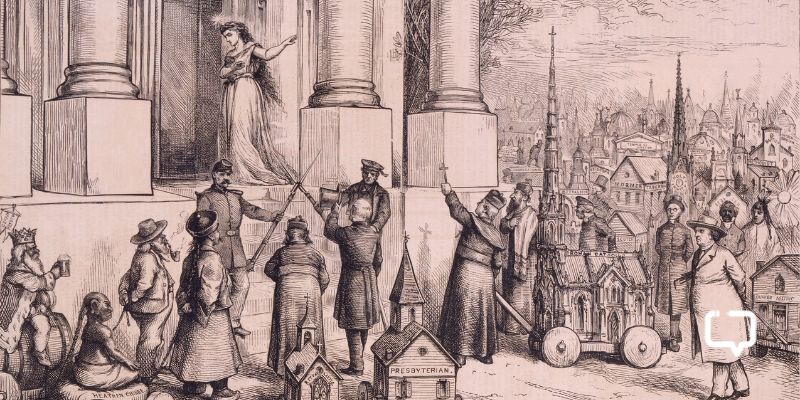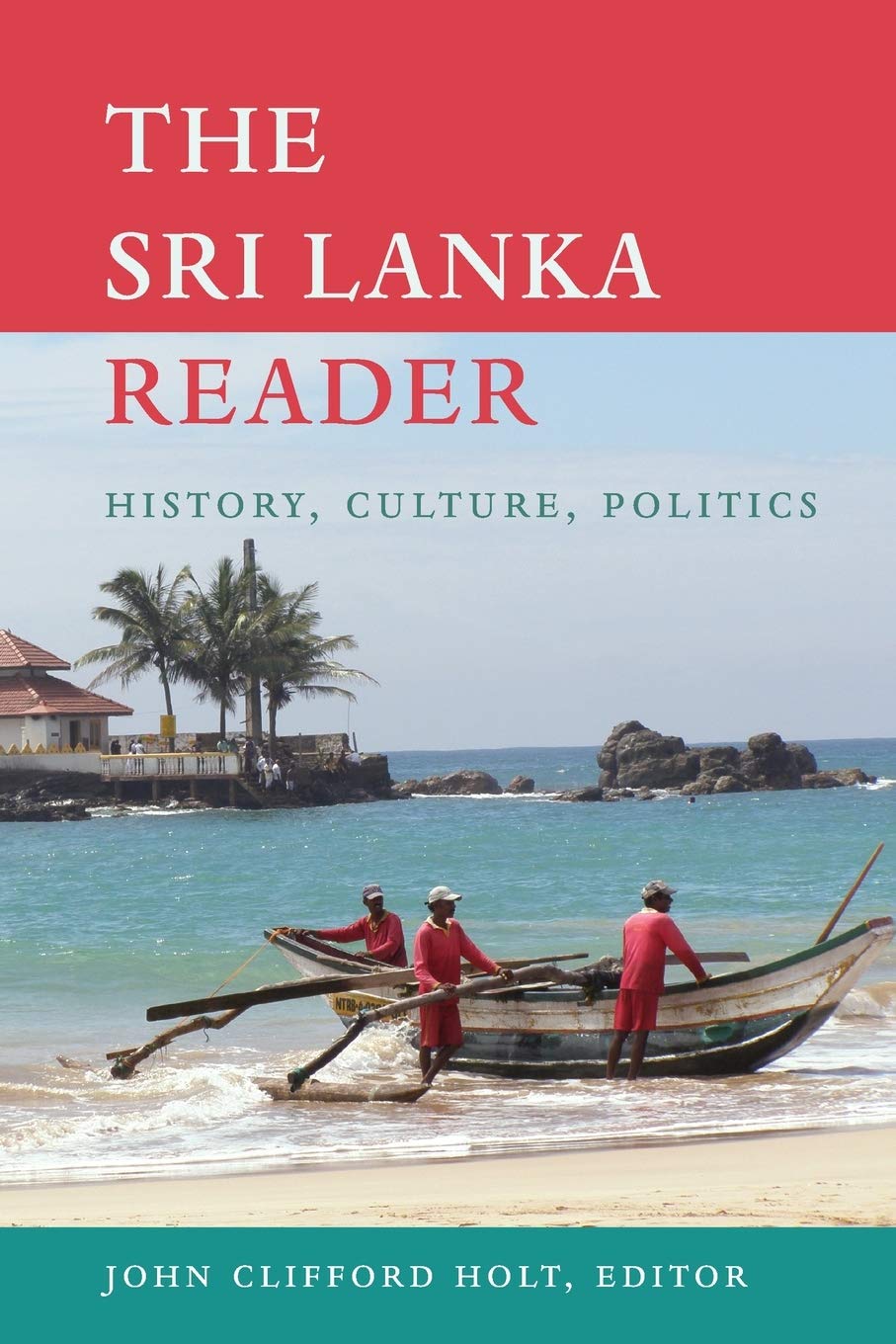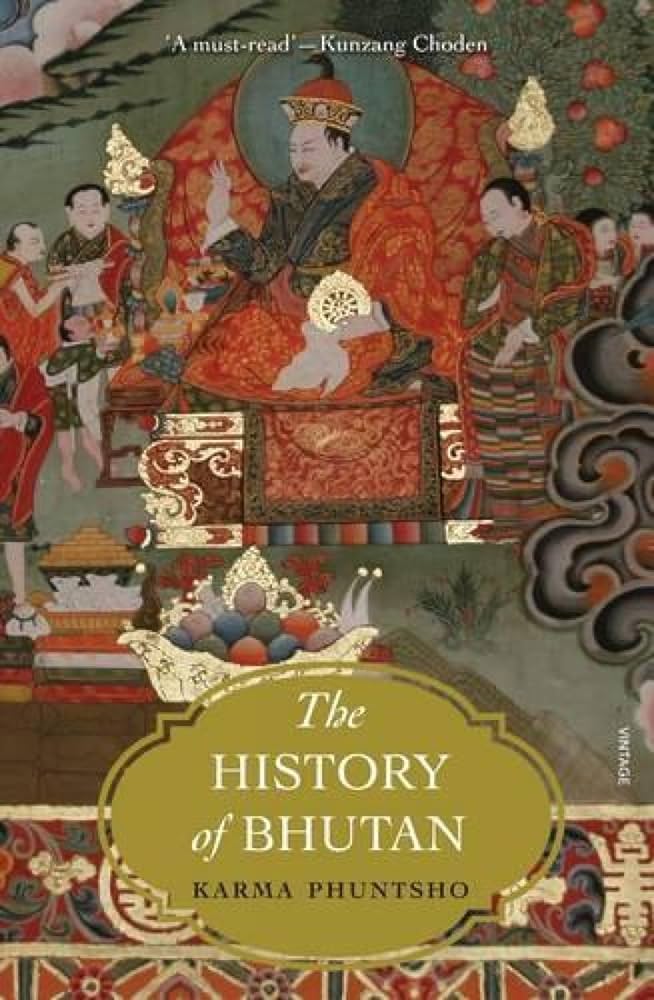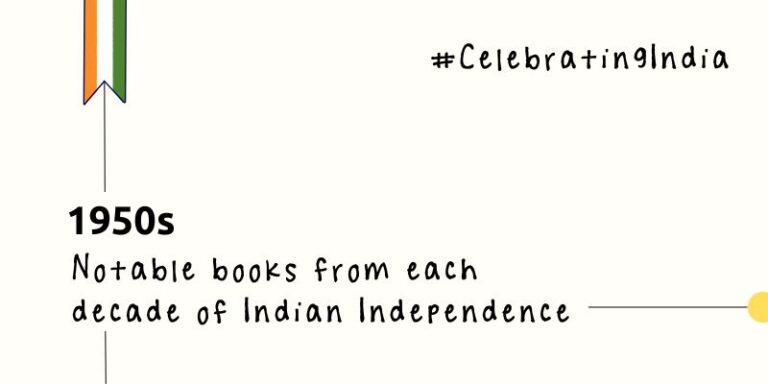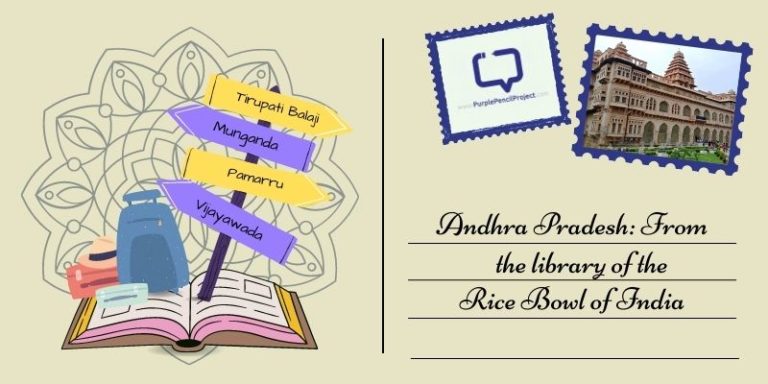Team P3 curates a list of recommended political history books of South Asia
South Asian history is mired with contradictions, tragedies, and paradoxes of all kinds. To do justice to all the stories that reside and have resided here would be a mammoth task, one certainly beyond the scope of our history textbooks.
In this article, we try to bring to you books that portray the hearts and minds of people who’ve lived through the defining (and the not-so-defining) moments of these nations. Because it’s never about what just happened, but about the people who lived it: their struggles, triumphs, and the varied complexities of these landscapes.
We encourage you to buy books from a local bookstore. If that is not possible, please use the links on the page and support us. Thank you.








